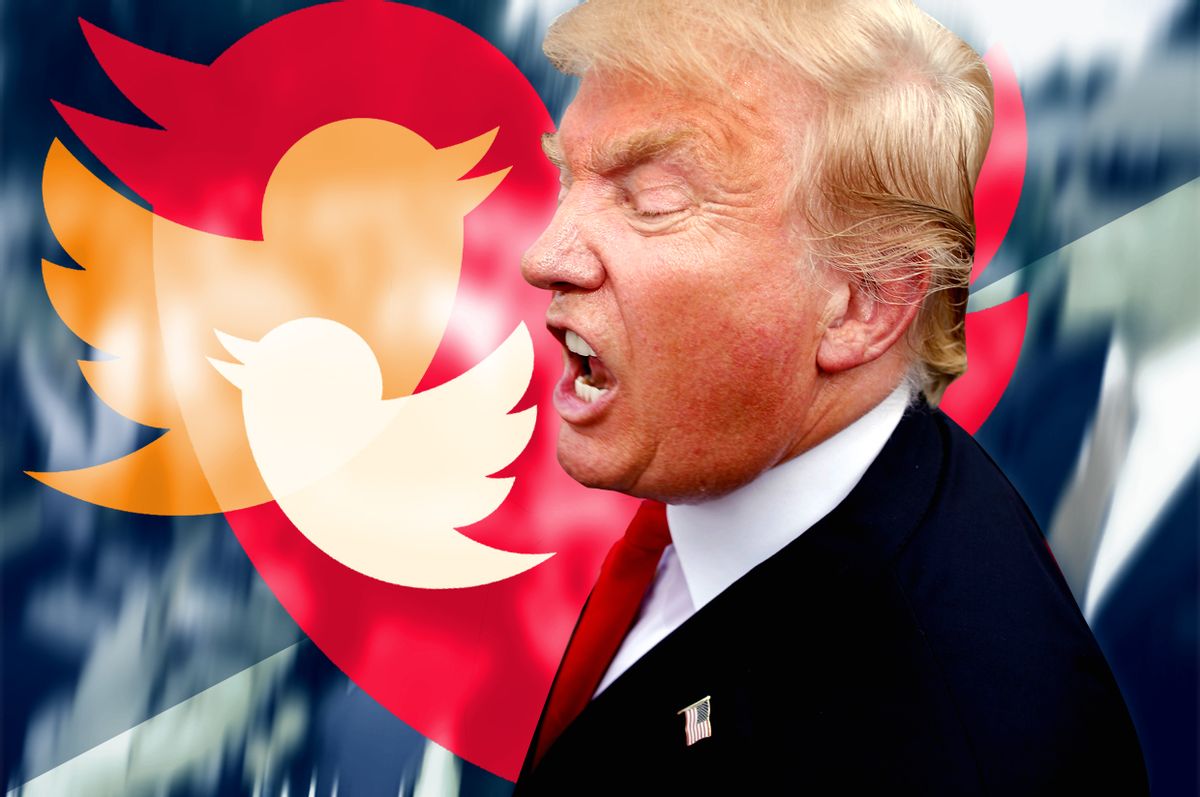President-elect Donald Trump’s tweets are a new form of governing by edict. They’re tweedicts.
Incoming White House Press Secretary Sean Spicer said, “Whatever he tweets, he is going to drive the news.”
That’s the problem. In driving the news, Trump’s tweedicts gain the power of implied threats — that he’ll, for example, sanction a particular company (Ford, General Motors, Carrier or Boeing); unilaterally alter foreign policy (recognize Taiwan, encourage Israel to expand on the West Bank, not back NATO against Russian aggression); unleash his angry followers on a particular critic (a local union leader in Michigan, a teenage girl in New Hampshire, a TV news host); cause customers or readers to boycott a media outlet (CNN, the Arizona Republican, "Saturday Night Live," the cast of "Hamilton"); or impose high political costs on Republican members of Congress (for pursuing an investigation against Russia, gutting an ethics office).
The United States is supposed to be a government of laws, not of edicts. Yet Trump’s tweets are gaining power even though they aren’t legislation. They aren’t executive orders (which can be reviewed and overturned by courts). They aren’t even the statements of a president using his “bully pulpit” to make a general point, because they single out particular companies and people.
They are arbitrary and capricious, reflecting the daily whims of Donald Trump.
And he’s not even president yet.
The media argue that the thoughts of a president-elect are “inherently newsworthy.” Rubbish. They’re newsworthy only because they drive the news. And they drive the news only because they’re considered by the media to be newsworthy.
That tautology can turn into a vicious cycle leading to tyranny.
The media should pay less attention what Trump is tweeting and more attention to what Trump is actually doing.



Shares